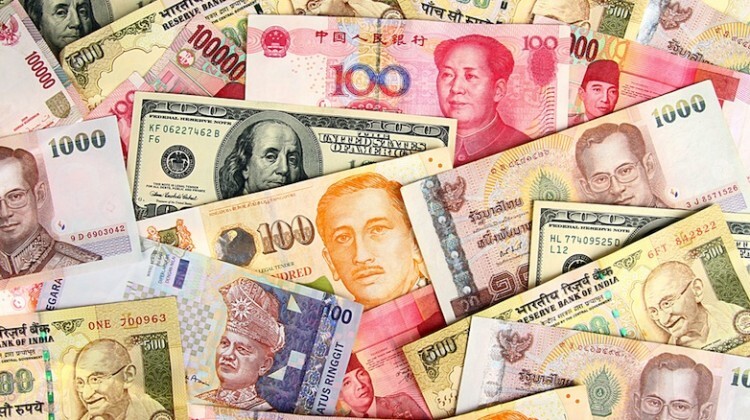this post was submitted on 22 Jul 2023
413 points (96.8% liked)
Asklemmy
45180 readers
1377 users here now
A loosely moderated place to ask open-ended questions
If your post meets the following criteria, it's welcome here!
- Open-ended question
- Not offensive: at this point, we do not have the bandwidth to moderate overtly political discussions. Assume best intent and be excellent to each other.
- Not regarding using or support for Lemmy: context, see the list of support communities and tools for finding communities below
- Not ad nauseam inducing: please make sure it is a question that would be new to most members
- An actual topic of discussion
Looking for support?
Looking for a community?
- Lemmyverse: community search
- sub.rehab: maps old subreddits to fediverse options, marks official as such
- [email protected]: a community for finding communities
~Icon~ ~by~ ~@Double_[email protected]~
founded 5 years ago
MODERATORS
you are viewing a single comment's thread
view the rest of the comments
view the rest of the comments

Inflation is a tax on hoarding money. In an ideal world, it will push rich people and companies to reinvest their wealth in the economy, instead of hoarding it. Unfortunately, in the real world it doesn't work on the very rich, so it only affects the upper middle class and the moderately rich.
Exactly. And deflation incentivizes hoarding money. Inflation is bad but deflation can be worse. If no one spends money because you're literally making money by sitting in it the economy would crumble.
In a bad case the government would have to slash interest rates, maybe even slightly negative.
What I'm trying to say is that (in theory) moderate inflation isn't bad; it is meant to discourage hoarding.
You don't see high inflation and deflation much in the real world but you can easily observe it in online game economies when money is created out of nothing through grinding and the hoarding behaviour can depend a lot on what is available that is worth buying with that money.
The developer of the MMORPG Eternal Lands wrote two articles about how to manage a game's economy.
https://eternal-lands.blogspot.com/2008/03/mmorpgs-economy.html
https://eternal-lands.blogspot.com/2008/03/mmorpgs-economy-part-2.html
Richard Bartle mentioned the topic in some detail in his book Designing Virtual Worlds as well.
Better yet, look at crypto, where people believe inflation is all about monetary supply and restrict it on purpose. The result? Wild volitity, huge crashes, and low velocity of money because everyone hoards it instead of spending.
I don't feel crypto is a good example because it is used by so many people as more of an investment and most spending was never really feasible due to high transaction costs and slow transactions.
It's what happens when people treat money as an investment and don't spend it. Money that's useful as money would be a bad investment.
We have seen high inflation recently, and it is exactly because we live in a system where they can make money out of nothing.
I was thinking more about hyper-inflation levels, 100%+ within weeks, not the 10-15%+ annually we have seen recently.
all these takes kinda suck.
The people most affected by inflation aren't the rich at all. Theirs a whole generation inflated out of housing. Some might understand that as modern serfdom.
Right on.
Yeah it only works on the money. Holding income-generating assets isn’t affected because people can increase rents to maintain the same income stream.
Income-generating assets are doing something to generate that income, which is presumed to have some beneficial effect on the economy more than cash sitting under your mattress does.
It's a tax on my savings and my retirement. My savings lose 2% a year, on purpose. This means I have to play in the investment game to so much as break even. I'd rather not have to play the stock market game and just save my money for retirement without it losing value.
Which is exactly what they mean by hoarding money. Everyone would prefer that, and if everyone did, all that money would be taken out of the economy. Instead we're all motivated to invest in things, which keeps the economy growing and healthier for all of us.